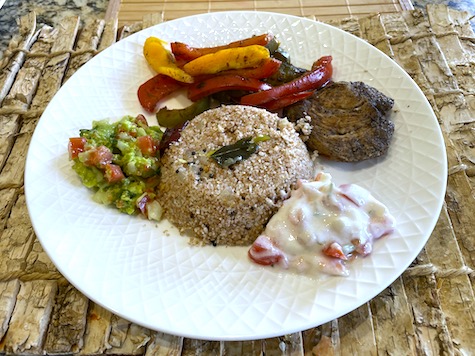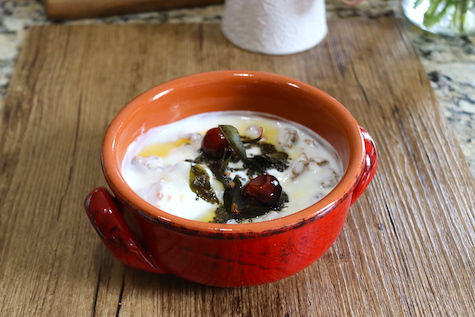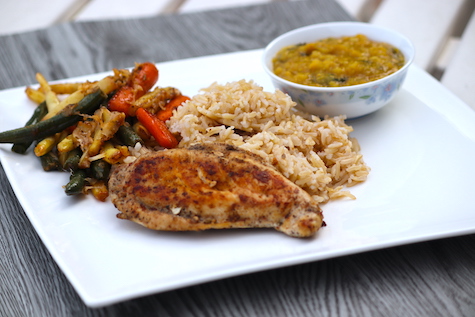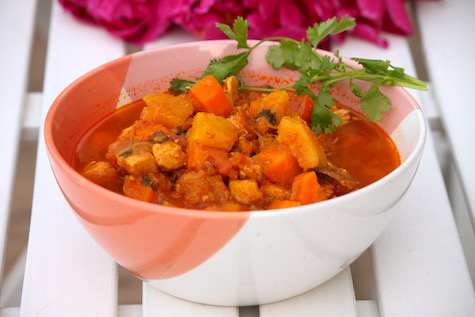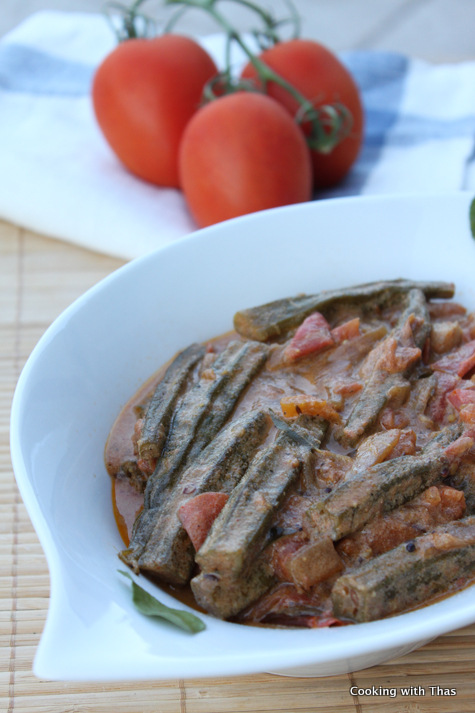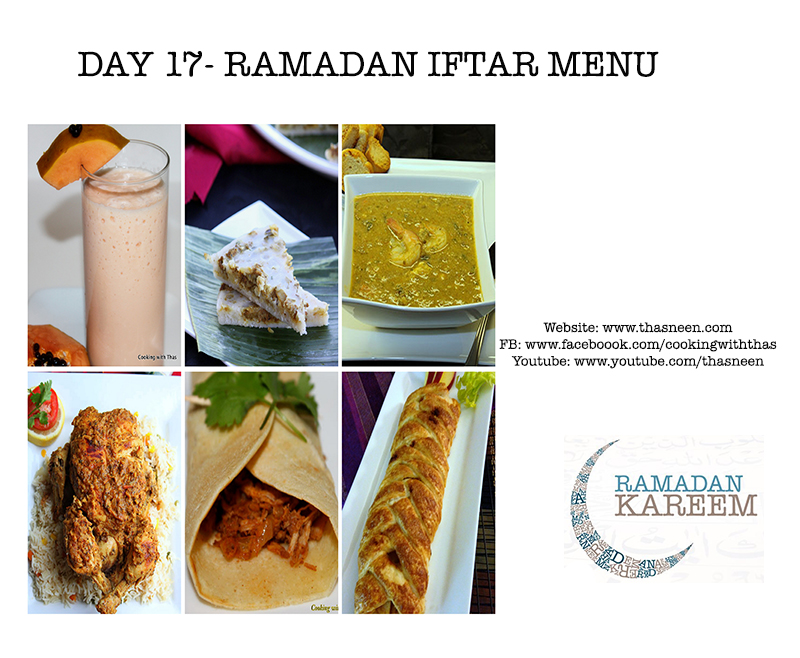
Ramadan fasting is a religious practice that involves abstaining from food, drink and other physical needs from sunrise to sunset for a period of one month. In addition to its spiritual significance, Ramadan fasting has been found to offer several potential health benefits, including:
- Improved insulin sensitivity: Fasting during Ramadan can lead to improved insulin sensitivity, which may help reduce the risk of type 2 diabetes.
- Weight loss: Ramadan fasting can help people lose weight due to the reduction in calorie intake, but this is only if the individual doesn’t overeat during non-fasting periods.
- Improved heart health: Ramadan fasting has been found to decrease levels of LDL cholesterol, triglycerides and blood pressure, which can reduce the risk of heart disease.
- Enhanced mental clarity: During fasting, the body releases endorphins which improve mood and mental clarity, and help alleviate stress and anxiety.
- Detoxification: Fasting may help the body eliminate toxins and improve overall health.
- Spiritual renewal: Ramadan fasting can help individuals develop self-discipline, self-control, and empathy towards others.
It is important to note that while Ramadan fasting can offer potential health benefits, it may not be suitable for everyone, particularly those with certain medical conditions. It is recommended to consult a healthcare professional before starting Ramadan fasting, especially if you are on medication, have diabetes, or have a history of eating disorders.
During Ramadan, Muslims fast from sunrise to sunset and then break their fast with a meal called Iftar. It is important to break the fast with nutritious and healthy foods to maintain good health. Here are some things to avoid while breaking the fast during Ramadan:
- Don’t drink pop or carbonated drinks: For breaking the fast don’t drink pop, sparkling water or any juices with soda in it. Instead break the fast with warm water & dates, after that enjoy freshly squeezed juices or coconut water.
- Fried and fatty foods: It is important to avoid fried and fatty foods as they can cause indigestion and stomach discomfort, especially after a long day of fasting. Instead, opt for healthier cooking methods such as grilling, baking, or steaming.
- Sugary foods and drinks: While it may be tempting to indulge in sugary treats during Ramadan, it is important to limit your intake as they can cause a spike in blood sugar levels and lead to fatigue and dehydration.
- Overeating: After a long day of fasting, it is important to pace yourself when breaking the fast to avoid overeating. Start with small portions of healthy foods, and gradually increase as needed.
- Spicy foods: Spicy foods can cause heartburn, indigestion, and stomach discomfort, so it is best to avoid them during Iftar.
- Caffeine: Caffeine can cause dehydration, so it is best to avoid coffee, tea, and other caffeinated drinks during Iftar. Opt for water, fresh juices, or herbal teas instead.
- Processed foods: Processed foods are often high in sodium, preservatives, and artificial additives, which can be harmful to health. Instead, opt for fresh, whole foods such as fruits, vegetables, whole grains, and lean proteins.
It is important to make healthy and nutritious choices while breaking the fast during Ramadan to maintain good health and energy levels throughout the month.
Have a blessed Ramadan!

